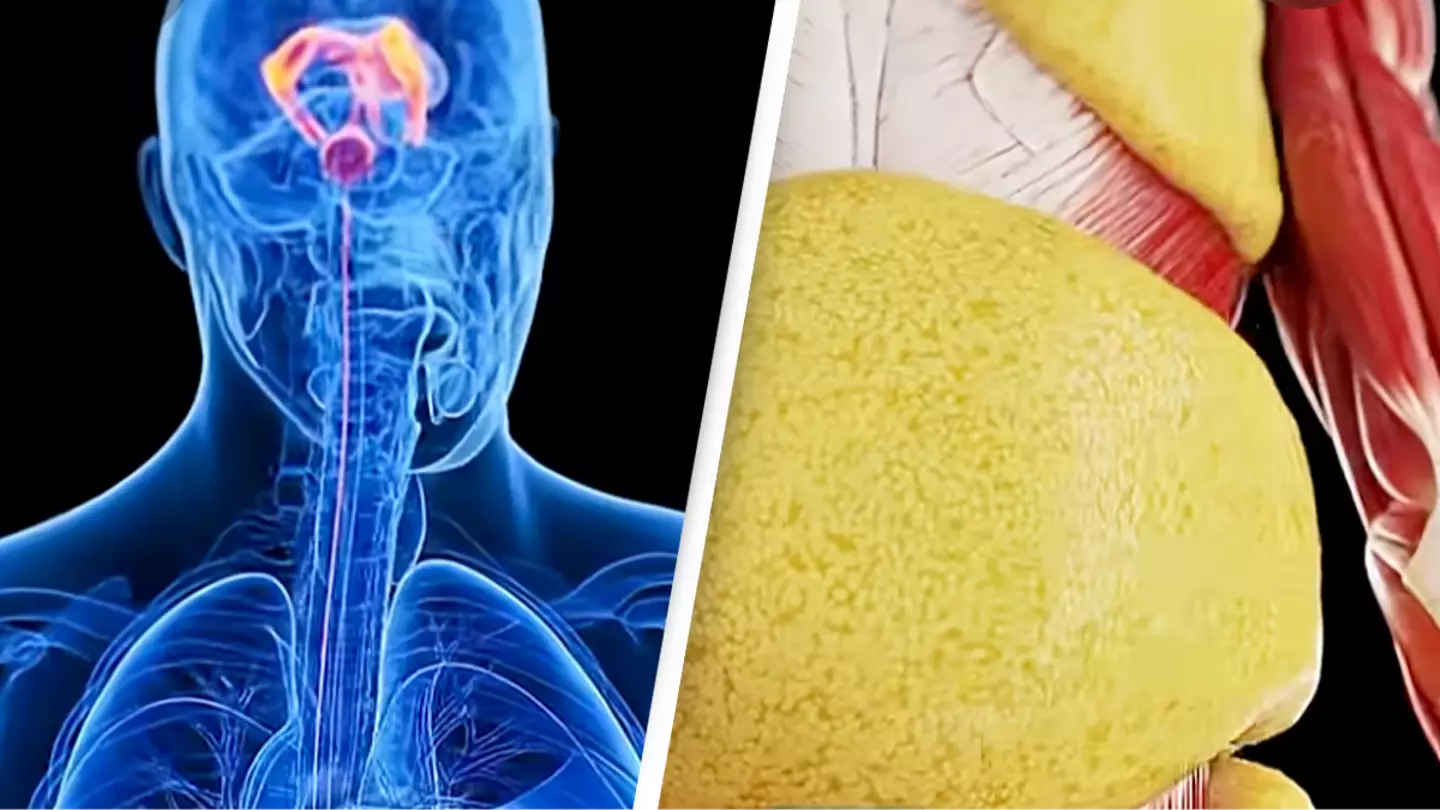A viral simulation video vividly illustrates the effects on your body if you choose to fast for an entire day.
There are numerous methods to lose weight, and intermittent fasting is one trend that has gained popularity on social media among fitness enthusiasts.
However, skipping meals throughout the day is a more radical approach to weight loss, and a popular simulation video offers insights into the reality of not consuming food for 24 hours.
Many people attempt this to eliminate dead cells, regenerate tissues, and potentially boost metabolism for a complete biological reset, but it’s essential to be aware of what your body undergoes during this period.

Health professionals generally concur that intermittent fasting can offer benefits, but it’s crucial to consult with your doctor before embarking on such a regimen.
Beyond religious practices, many individuals choose fasting as a weight loss or health improvement strategy, based on the notion that it allows the body a break from food digestion.
Bupa UK notes that this process can also initiate ‘autophagy,’ where the body works to eliminate damaged cells.
Other possible benefits of intermittent fasting include:
However, medical experts warn that there isn’t enough data to fully understand the effects of prolonged fasting, and certain individuals may not be suitable candidates:
A YouTube simulation from GrowFit Health shows that, within the first four hours, you may feel hungry as your body stops digesting food, leading to a drop in insulin levels.
Soon afterward, your body begins using stored sugar as energy, initiating the first of several processes.

After eight hours without food, blood sugar levels decrease, prompting your body to use glycogen stores for energy.
This phase is when individuals may begin to feel differently, even though they’re only a third into the fast.
At 12 hours, the simulation indicates that your body enters a mini-ketosis state, where it produces and utilizes ketone bodies, effectively converting fat into energy.
While intense hunger may have been experienced earlier, according to Healthline, the biochemical changes at 12 hours can lead to reduced appetite, weight loss, and fatigue.
At 16 hours, the body undergoes significant changes as autophagy commences, consuming its own tissue by recycling and breaking down damaged cells and eliminating toxins.
This activity offers numerous health benefits, such as removing malfunctioning cell components and eradicating viruses and bacteria, according to Cleveland Clinic.
Reaching 24 hours without eating triggers a ‘deep repair’ phase, where fat becomes the primary energy source.
Inflammation in the body diminishes, and insulin sensitivity improves, potentially providing long-term health advantages.

